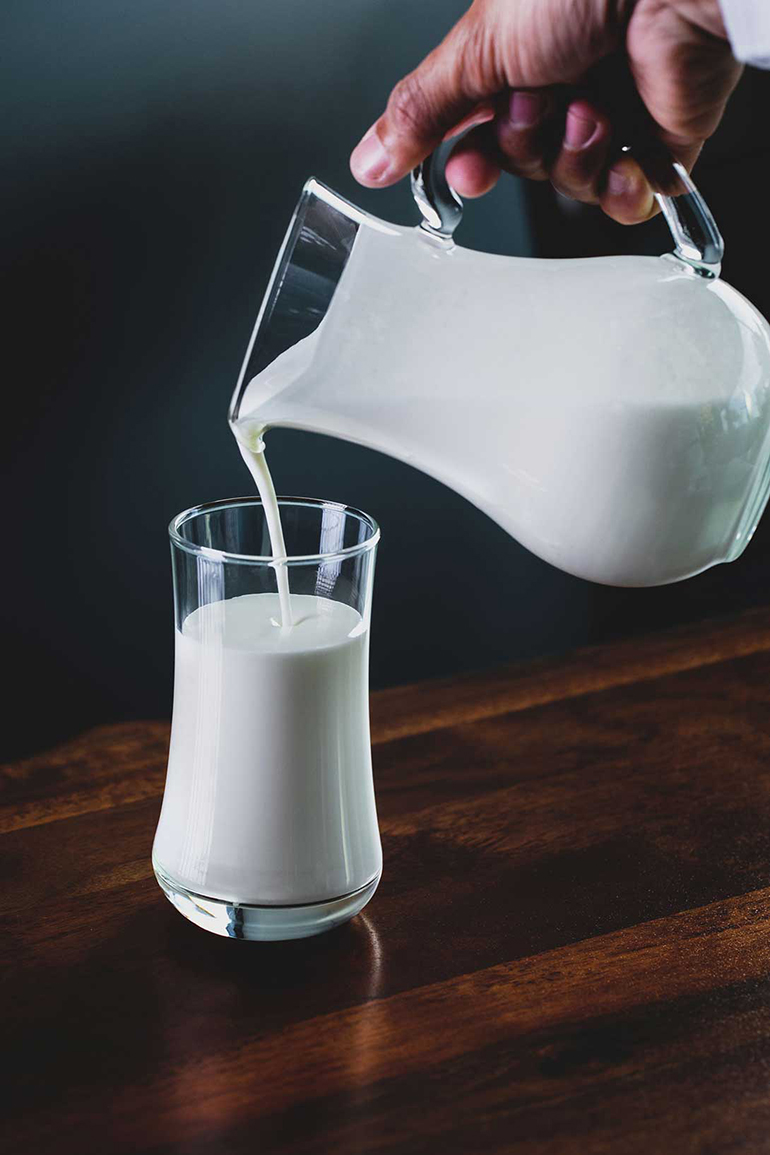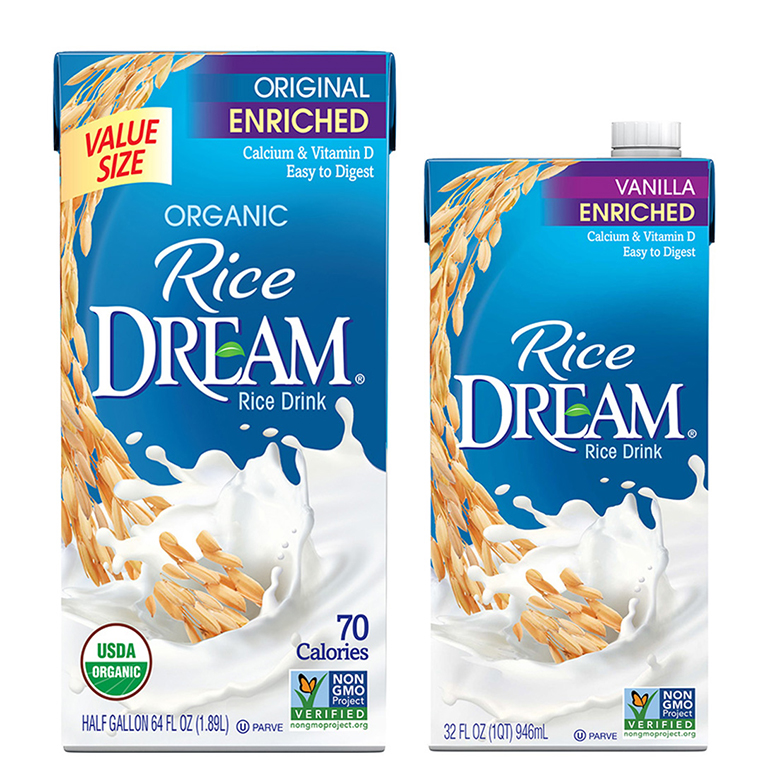We’ve all seen the ads touting the benefits of milk — lots of calcium, happy cows, happy humans — yet dairy milk sales are down even as nondairy milk sales climb. More consumers are turning to plant-based alternatives, milks made from soy, nuts, rice, coconut and even oats, for lifestyle and health reasons, moving these alt-milks into the mainstream. Do plant-based milks have nutritional benefits comparable to those of dairy milk? Here’s a look. (All stats based on an 8-ounce serving.)

Whole Organic Cow’s Milk
Nutrition: Calories 161; carbs 11 grams; protein 8 grams; fats 9 grams
Pros: 300 grams of calcium per serving; satisfying balance of protein, fat and carbo-hydrates; nothing added or taken away; creamy; smooth texture; organic
Cons: Dairy milk fat is mostly saturated fat; livestock-raising can be hard on the environment; lactose and dairy protein, or casein, can be hard to properly digest

Forager Unsweetened Cashew Milk
Nutrition: Calories 50; carbs 4 grams; protein 1 gram; fats 3.5 grams
Pros: Creamy; smooth texture; 0 grams sugar; USDA organic; certified vegan
Cons: Contains some saturated fat from coconut and cashew; not a significant source of calcium; not locally grown

Oatly Oat Milk
Nutrition: Calories 143; carbs 15 grams; protein 2.3; fats 6.4 grams
Pros: About 275 mg calcium from added calcium carbonate and calcium phosphate; creamy,
smooth texture; mild flavor
Cons: Contains dipotassium phosphate (a form of salt)

Rice Dream Original Classic Rice Drink
Nutrition: Calories 120; carbs 23 grams; protein 1 gram; fats 2.5 grams
Pros: Made from organic brown rice; low in fat; light, sweet flavor
Cons: 100 mg sodium from added sea salt; less creamy than other nondairy milks

Three Trees Original Almond Milk
Nutrition: Calories 100; carbs 3 grams; protein 4 grams; fats 9 grams
Pros: Contains only organic almonds and water; made with organic almonds sourced from California and Spain; almonds are a natural source of calcium
Cons: One serving equals about one-third of the average person’s recommended daily intake for fats

So Delicious Unsweetened Coconut Beverage
Nutrition: Calories 45; carbs 2 grams; protein 0 grams; fats 4.5 grams
Pros: Made from organic coconut milk; added calcium (tricalcium phosphate); vitamin D and other minerals; creamy, smooth texture; sweet flavor
Cons: Coconuts cannot be grown locally and must be transported over large distances; contains some saturated fat from coconut
This article originally appeared in Marin Magazine.
 Christina Mueller is a long-time Bay Area food writer. She hails from the East Coast and has spent way too much time in South America and Europe. She discovered her talent as a wordsmith in college and her love of all things epicurean in grad school. She has written for Condé Nast Contract Publishing, Sunset, and the Marin Independent Journal, among others. She volunteers with California State Parks and at her child’s school, and supports the Marin Audubon Society, PEN America, and Planned Parenthood. When she is not drinking wine by a fire, she is known to spend time with her extended family.
Christina Mueller is a long-time Bay Area food writer. She hails from the East Coast and has spent way too much time in South America and Europe. She discovered her talent as a wordsmith in college and her love of all things epicurean in grad school. She has written for Condé Nast Contract Publishing, Sunset, and the Marin Independent Journal, among others. She volunteers with California State Parks and at her child’s school, and supports the Marin Audubon Society, PEN America, and Planned Parenthood. When she is not drinking wine by a fire, she is known to spend time with her extended family.

